The First Circuit Court of Appeals recently made headlines by backing a Massachusetts middle school’s decision to ban a controversial T-shirt.
Last year, the school asked a student to change his shirt that boldly stated, “There are only two genders.”
Student Sent Home for Shirt Slogan
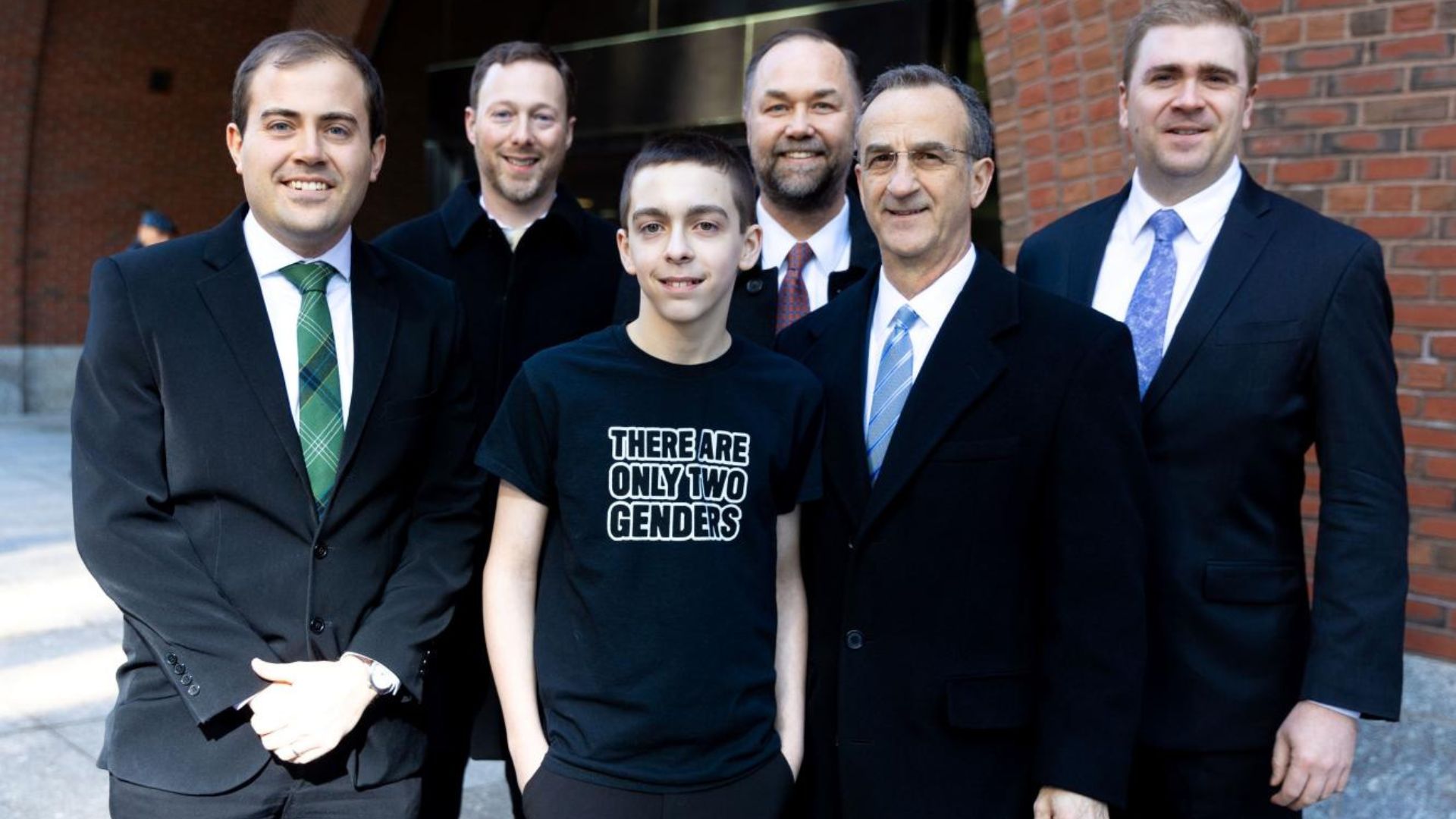
The drama unfolded when eighth-grader Liam Morrison defied Nichols Middle School’s request and was sent home.
His refusal sparked a legal battle over the boundaries of free speech within school walls, raising questions about student rights and school policies.
Round Two: T-Shirt Battle Escalated
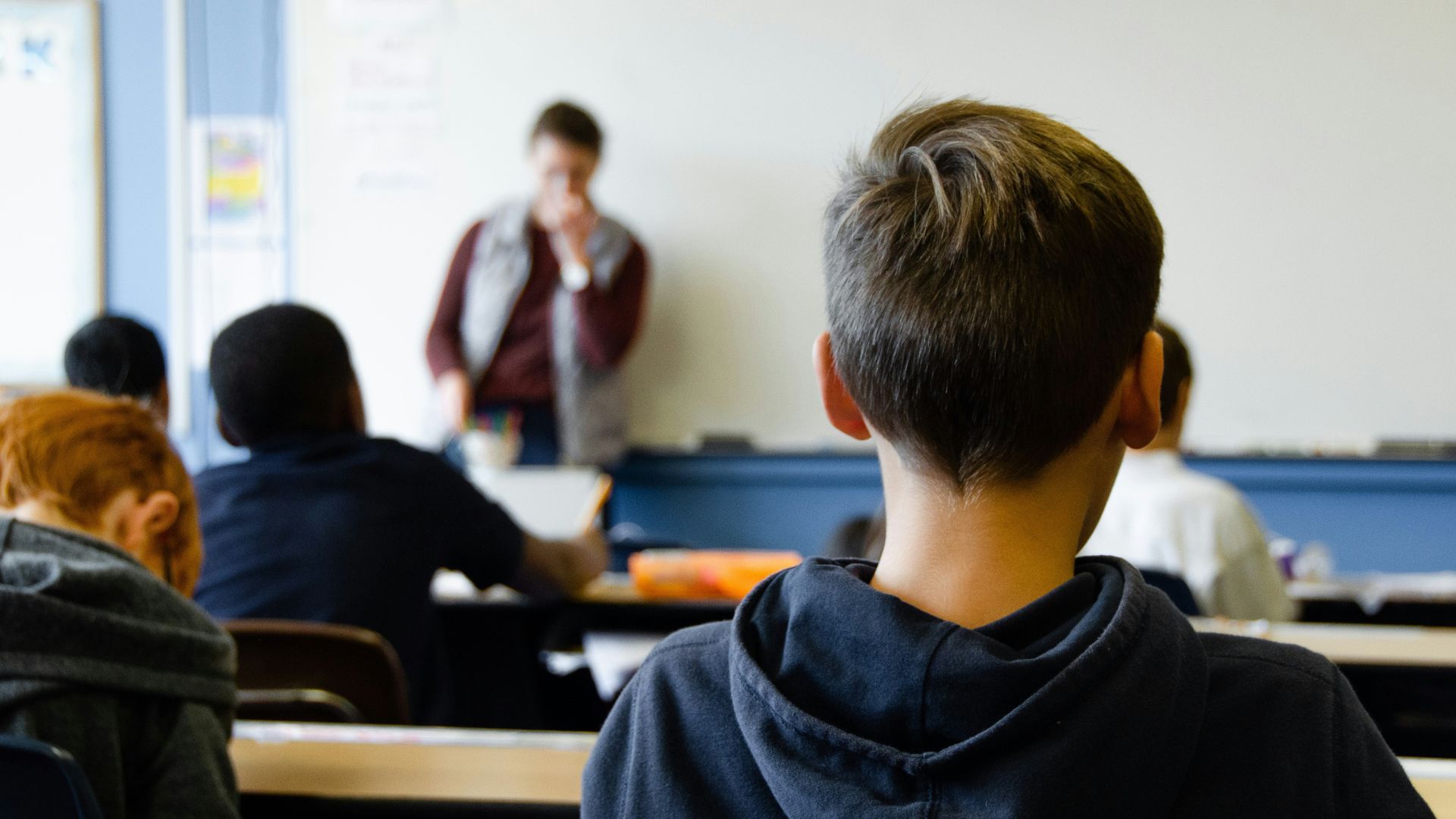
Undeterred, Liam wore the controversial T-shirt again, this time with the words “only two” covered up by a strip of tape labeled “censored.”
The school’s repeated demands to remove the shirt intensified the standoff.
Liam’s Side of the Story

In an interview with Fox News Digital, Liam asserted his T-shirt targeted no one specifically but expressed a personal belief.
“I’m just voicing my opinion about a statement that I believe to be true,” he said, addressing concerns about the intent of his message.
Legal Eagles Entered the Fray
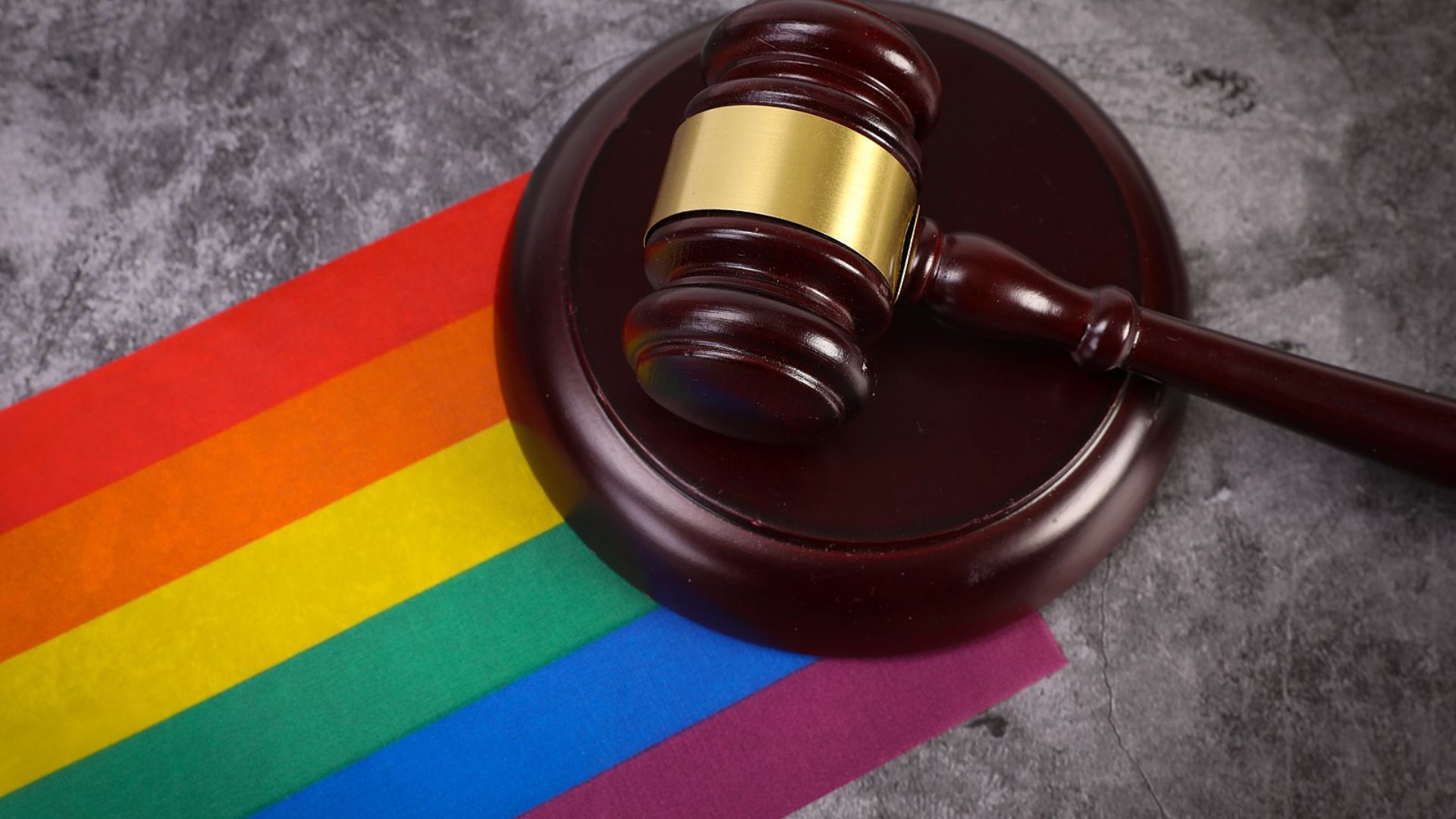
The Alliance Defending Freedom jumped into the fray, framing the situation as a fundamental free speech issue.
“This case wasn’t about T-shirts; it was about a public school telling a middle-schooler that he wasn’t allowed to express a view that differed from their own,” argued David Cortman, senior counsel for the group.
School’s Take on the T-Shirt Drama
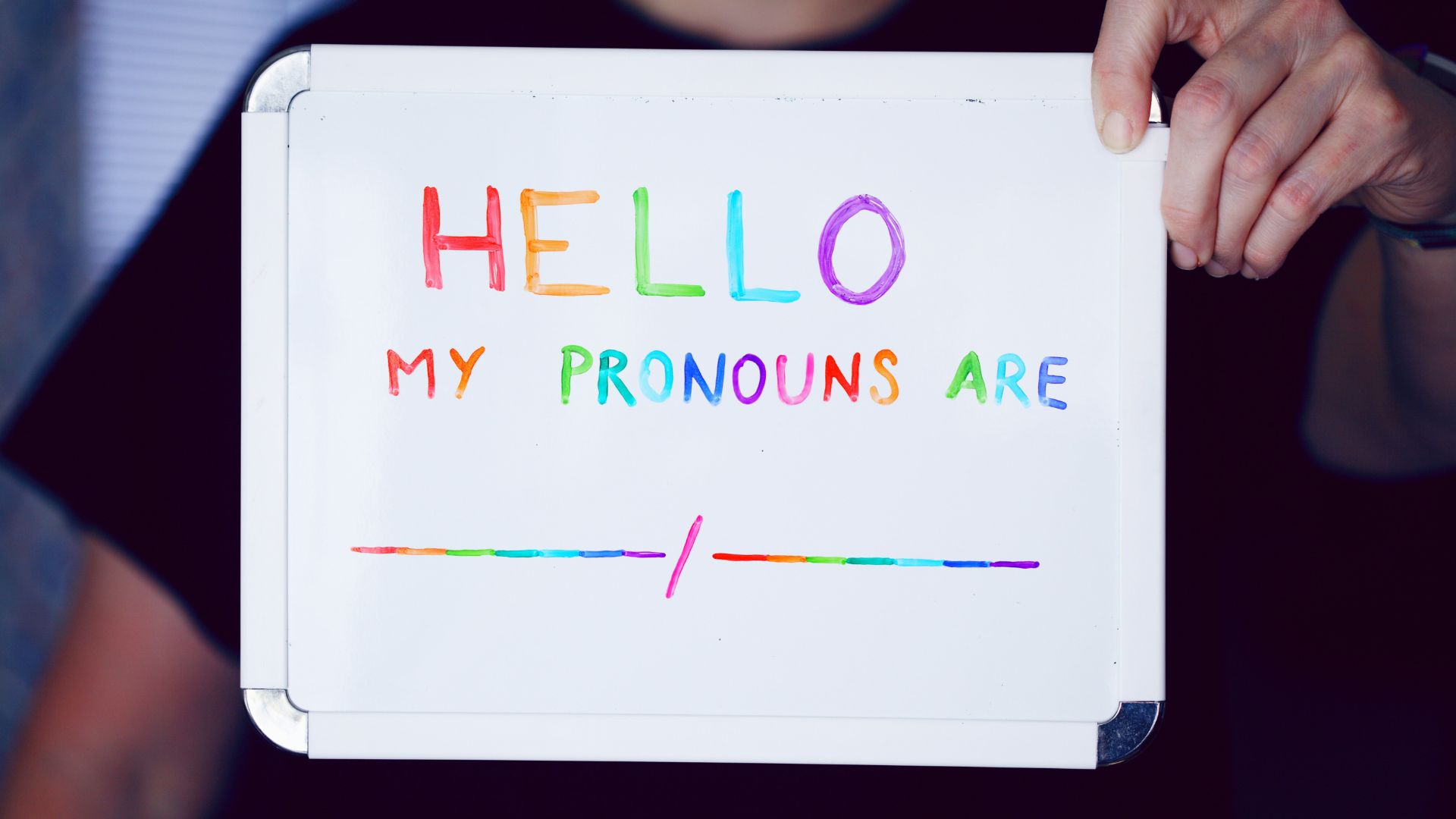
The school defended its decision.
They cited concerns that the T-shirt might disrupt the learning environment and affect the well-being of transgender and gender non-conforming students.
Judicial Perspective on School Authority
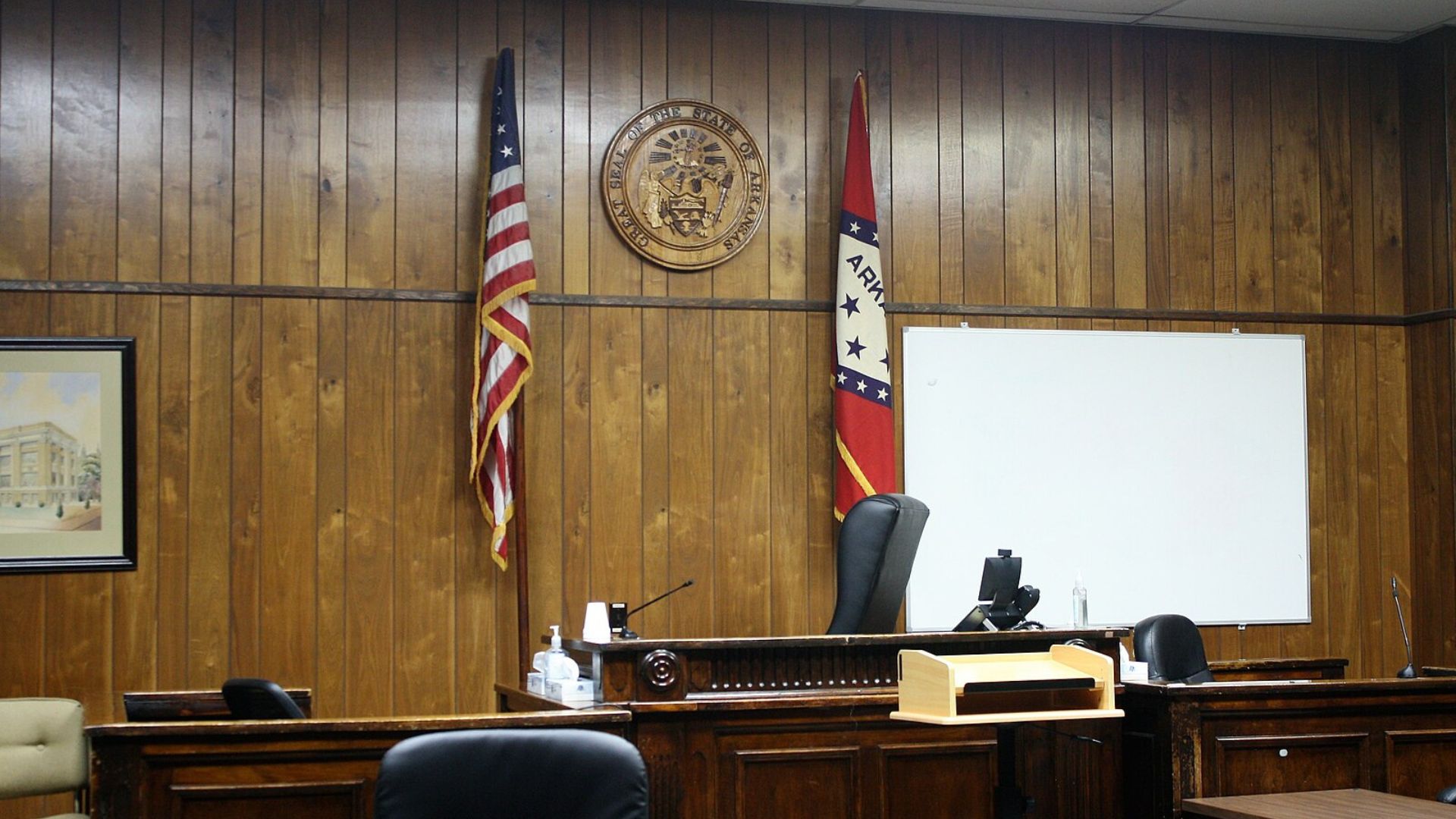
Chief U.S. Circuit Judge David Barron weighed in, highlighting the dilemma: Should school administrators or courts decide what’s appropriate in schools?
His comments illustrate the complexities of balancing school authority and student rights.
Advocacy Group Outraged by Ruling
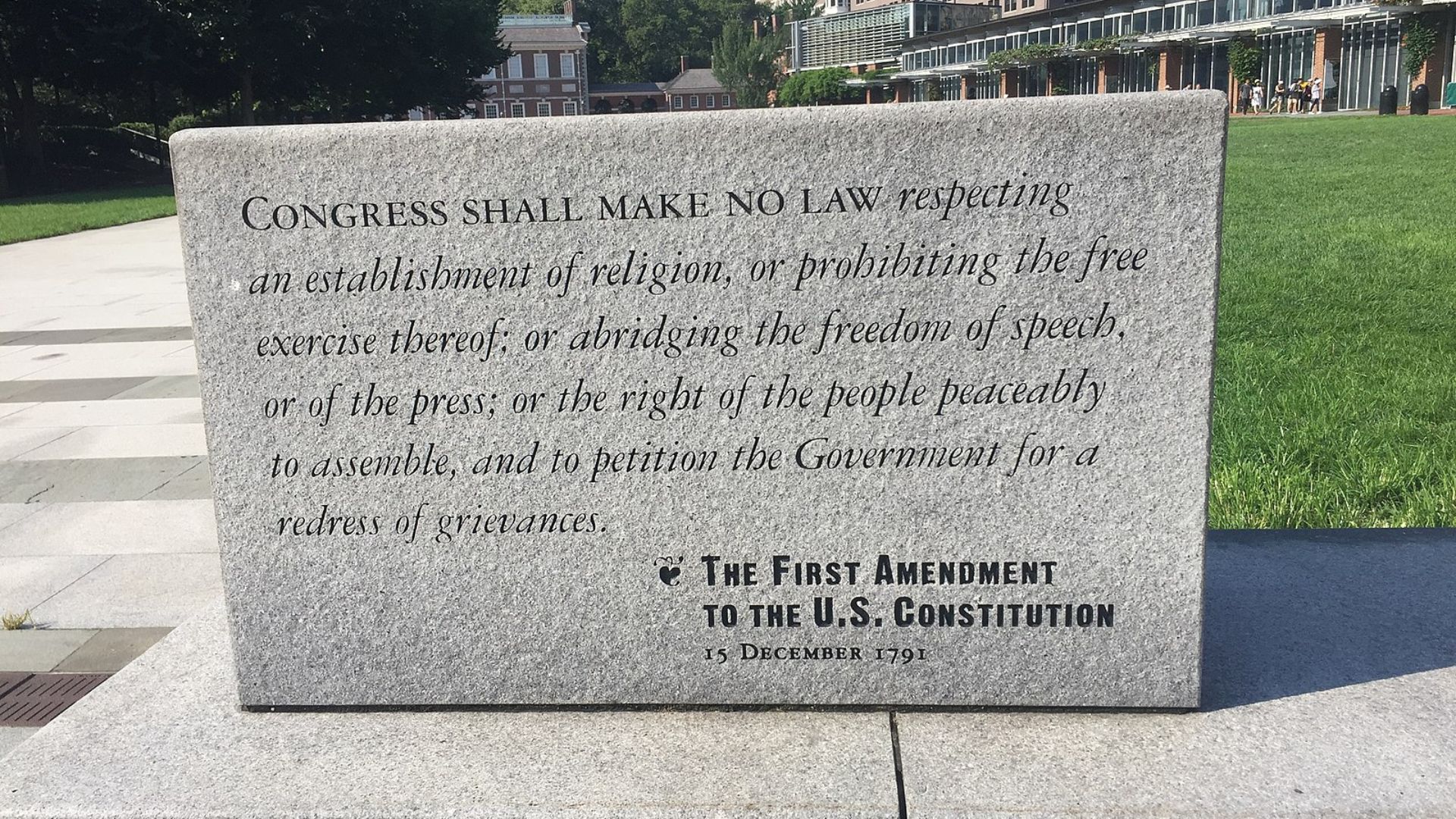
Newsweek reports that the Alliance Defending Freedom didn’t mince words on social media.
They declared the court’s decision “a clear violation of Liam’s free speech right” and hinted at further legal action.
Legal Counsel Vowed to Fight On
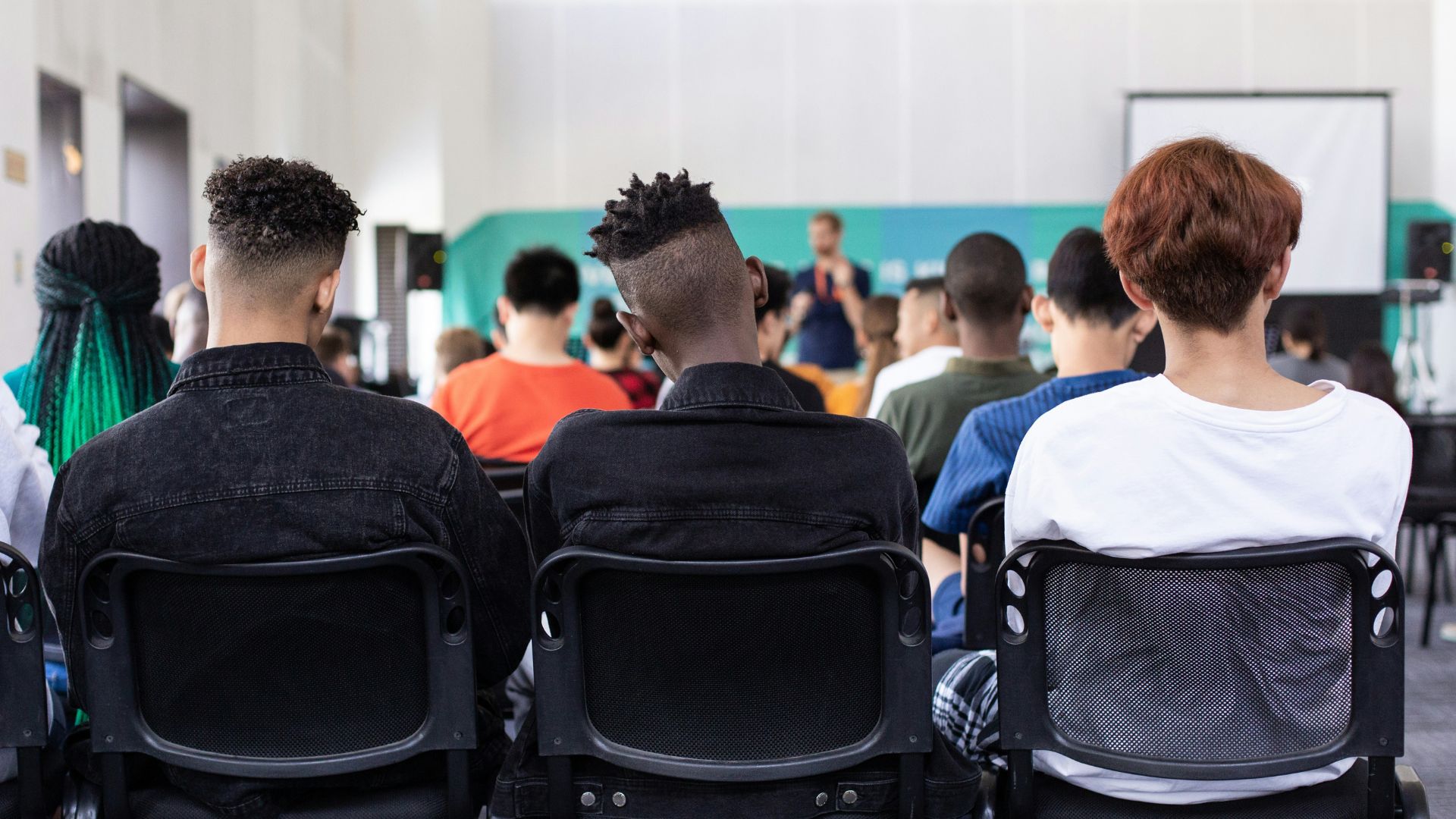
Liam’s attorney, Sam Whiting, criticized the court’s decision in the Boston Herald.
He argued that the potential for psychological distress among students did not justify censorship, especially when no disruption was evident.
School Advocated for Inclusivity
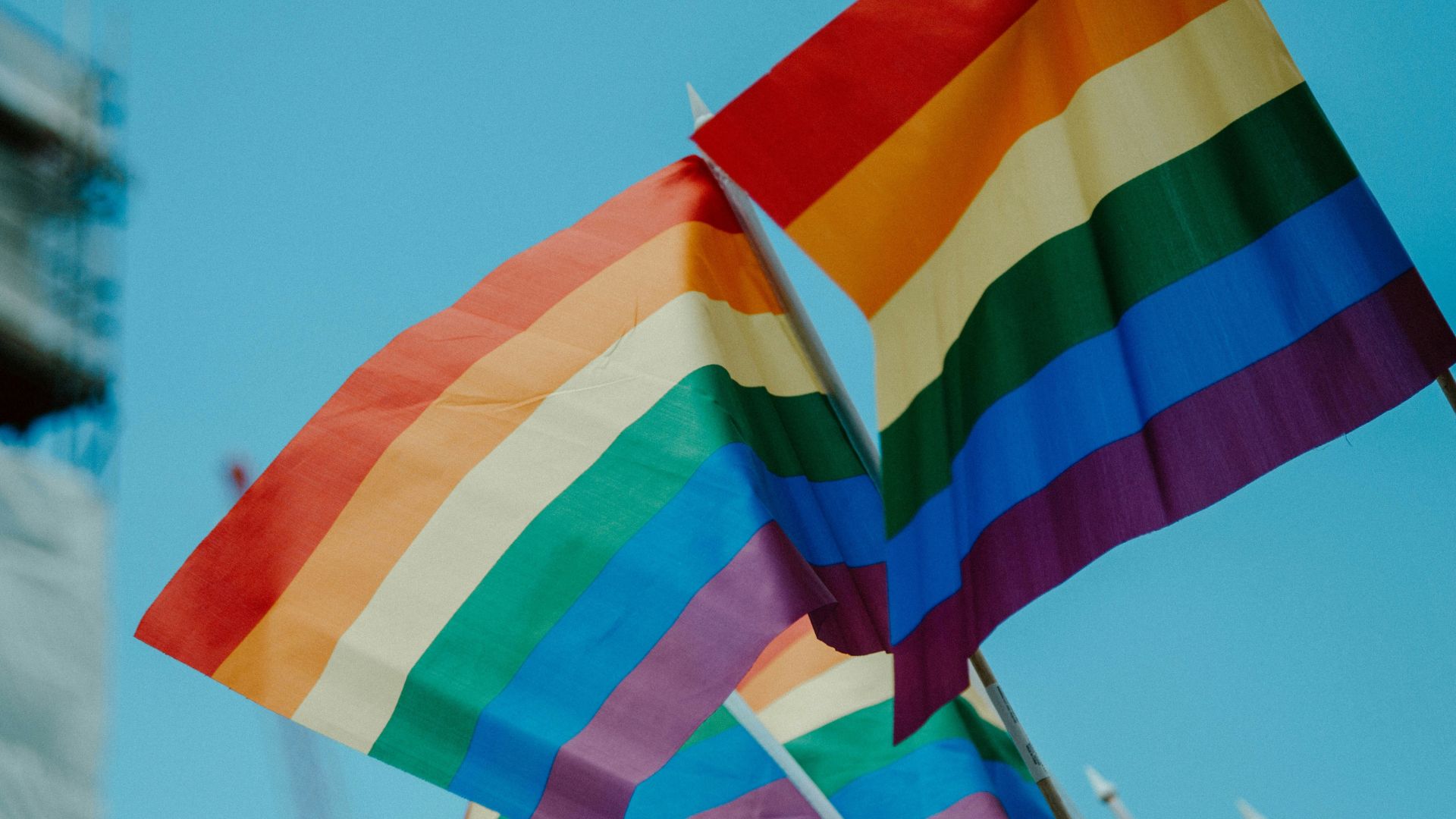
Deborah Ecker, lawyer for the Middleborough School Committee, emphasized the school’s duty to protect LGBTQ students from messages that could feel alienating or harmful.
She framed the T-shirt message as potentially damaging.
Public Opinion Split on School Policy
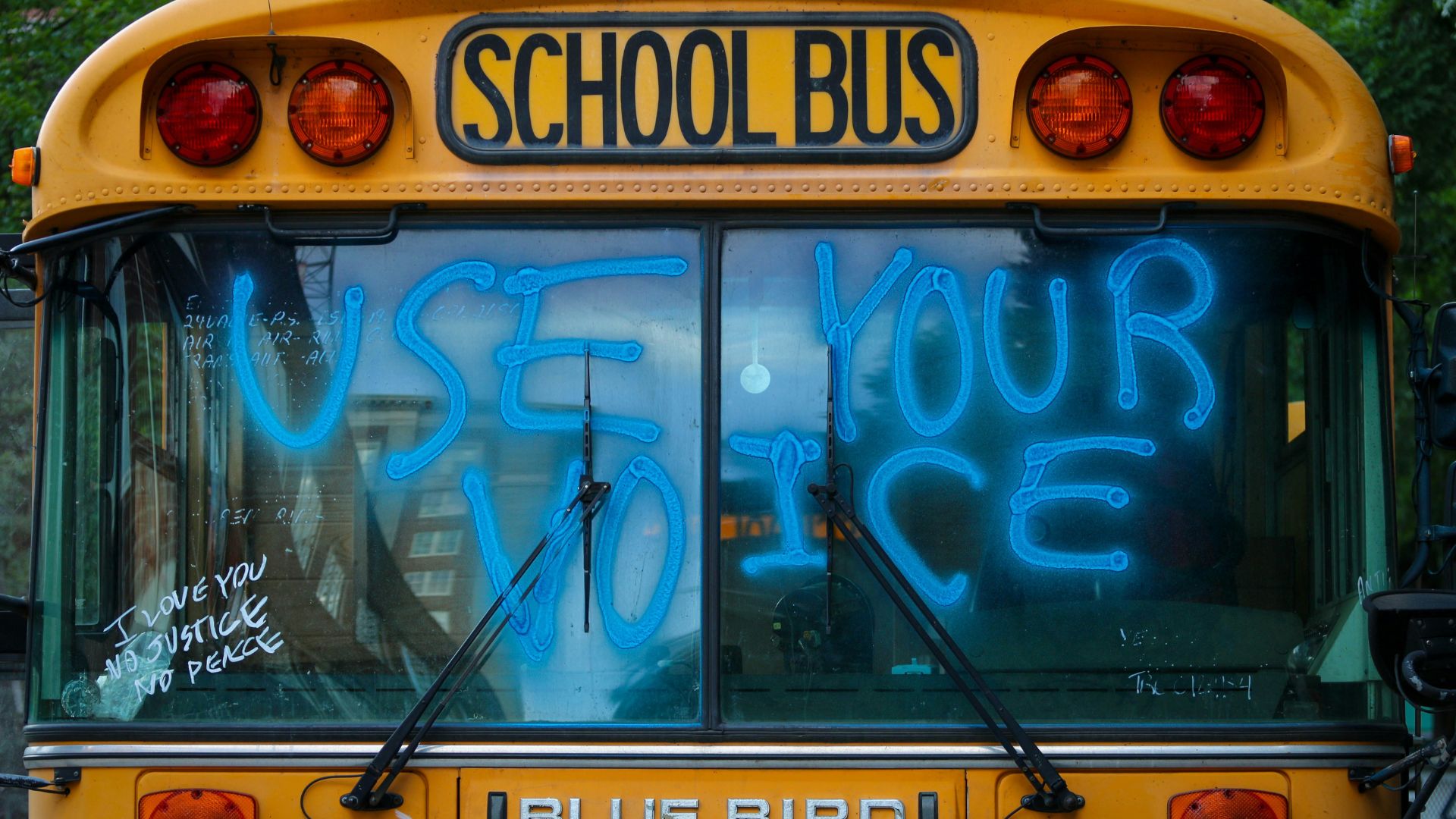
The controversy sparked a fiery debate both locally and online, with the community split.
Discussions revolved around the tension between maintaining a respectful school environment and upholding free speech.
Implications for School Policies Nationwide

As the Alliance Defending Freedom contemplates next steps, including a possible appeal, the outcome of this case could influence future decisions on student expression and school policy across the U.S.
Meanwhile, the debate over where to draw the line continues to evolve.
